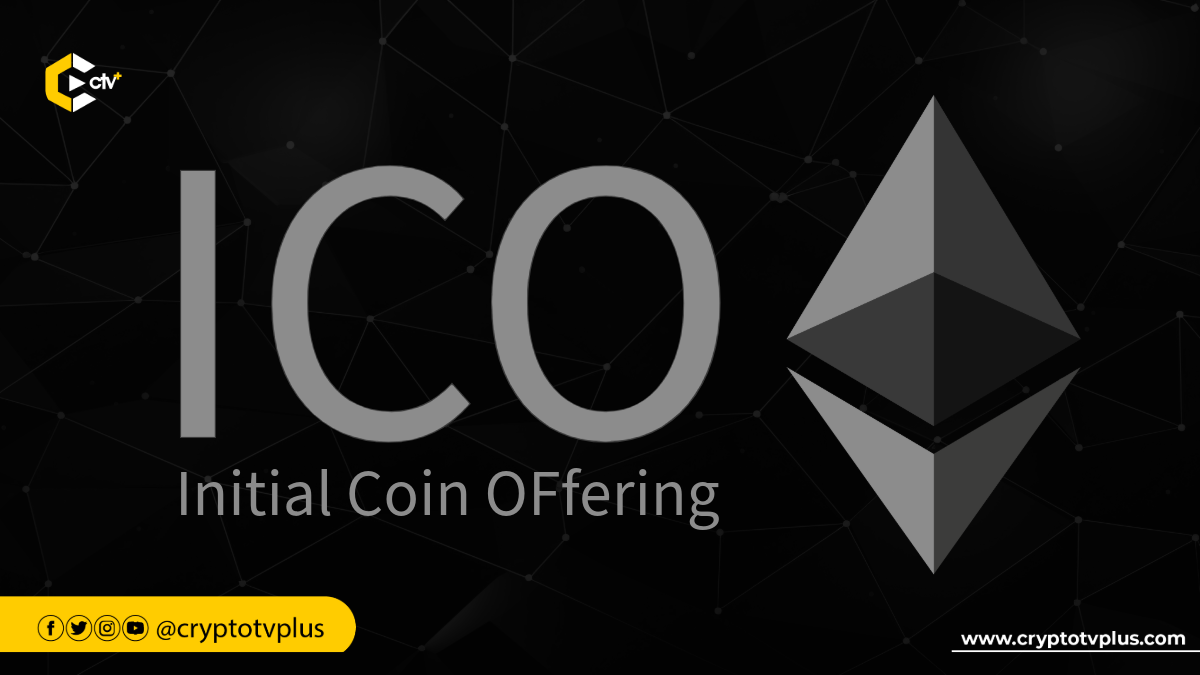News
Ethereum’s ICO was a big success; experts say they should return

Over the years, the activity level of Initial Coin Offerings (ICOs) has mostly been downhill, with a marked drop in their popularity and occurrence since their heyday in 2017-2018.
ICOs were a way for new crypto ventures to raise funds. Picture a company aiming to launch a new service or product; instead of turning to banks or traditional financiers, they offer crypto tokens for sale to the public.
Buyers are betting on these tokens appreciating if the project takes off, similar to crowdfunding but using cryptocurrency rather than regular cash.
During 2017-2018, the ICO market was at its peak, with thousands of projects collectively pulling in billions of dollars. This surge was driven by high investor interest and lax regulations. However, as regulatory scrutiny became more intense, the frequency of ICOs started to taper off.
New fundraising mechanisms like IDOs, IEOs, and STOs began to emerge, reducing the dependency on conventional ICOs. By 2021, the ICO landscape had significantly cooled, making room for fewer but more carefully curated and regulatory-compliant ICOs to come to market.
Amid this change and as the US Securities and Exchange Commission and other regulators globally take action against players in the crypto space – including those that raised funds during the ICO boom, Tushar Jain, Co-founder and Managing Partner of Multicoin Capital, is calling for the return of ICOs.
Jain believes the current method of launching tokens is unfair. At present, a small group benefits the most, excluding many others. Speaking at Breakpoint, the co-founder stated that a more equitable system would allow more people to benefit, strengthening the crypto community.
He explains that today’s system can inflate token values due to the limited availability of tokens for purchase (low float). This scarcity creates a misleading perception of value. Tushar argues that ICOs should enable more people to buy tokens immediately, allowing the market to determine their true worth.
Rather than distributing tokens freely through airdrops, which can be wasteful and misleading, Jain suggests ICOs with specific conditions. These could include longer lockup periods or incentives for holding tokens. Such measures would ensure a fairer process for everyone.
No need for ICOs
Qiao Wang, Customer Support, AllianceDAO, agreed that ICOs were important in the past but stated that some of the most successful projects today, like Solana, didn’t use ICOs. They were funded by venture capital (VC). According to him, VCs don’t just provide money—they offer valuable connections and advice that help projects grow, which is why some VC-backed projects have done better than ICO-funded ones.
Although, he believes ICOs and VC funding can work together. VCs bring more than just cash, while retail investors can still participate through ICOs.
Wang added that although ICOs are still happening in other countries, Jain believes that with clearer regulations, they could become popular again.
ICOs need equality
If ICOs return as a means for projects to raise funds, what would you do? This question was posed by Kevin Follonier, host of the When Shift Happens Podcast, to Jain and Wang during their conversation.
Read also: Edward Snowden warns that Solana’s popularity might enable easier control by a nation-state
Jain responded that they would participate in ICOs but only on an equal playing field with everyone else. He pointed out that VCs currently benefit from special access to deals due to their experience and reputation. However, they will adapt to whatever rules the market establishes, even for ICOs.
Jain added venture investors and public market investors have different mindsets. VCs favor long lockup periods to demonstrate their commitment to a project. However, this approach can lead to fewer tokens available for trading, resulting in a low float. This scarcity can make the tokens appear more valuable than they actually are.
Public investors on the other hand, generally favor a high float, meaning more tokens in the market, to better assess their true value. For instance, Solana’s significant token unlock in 2021 enabled the market to uncover the token’s actual worth.
Wang believes that ICOs should make a comeback, citing Ethereum’s 2014 ICO as a prime example of their potential success. Ethereum raised $18 million, and its value has since skyrocketed, demonstrating how an ICO can benefit a wide range of investors.
Jain agrees but emphasizes the importance of transparency. ICOs must include clear disclosures, allowing people to understand who is behind the project and what they are promising. In the past, some ICOs were scams, making unfulfilled promises. The market should demand this transparency, and if it is absent, people should refrain from participating, Jain added.













Pingback: Is crypto purely a gamble, or is there more beneath the surface? | CryptoTvplus - The Leading Blockchain Media Firm
Pingback: East vs. West: the geographic divide in crypto innovation and adoption | CryptoTvplus - The Leading Blockchain Media Firm